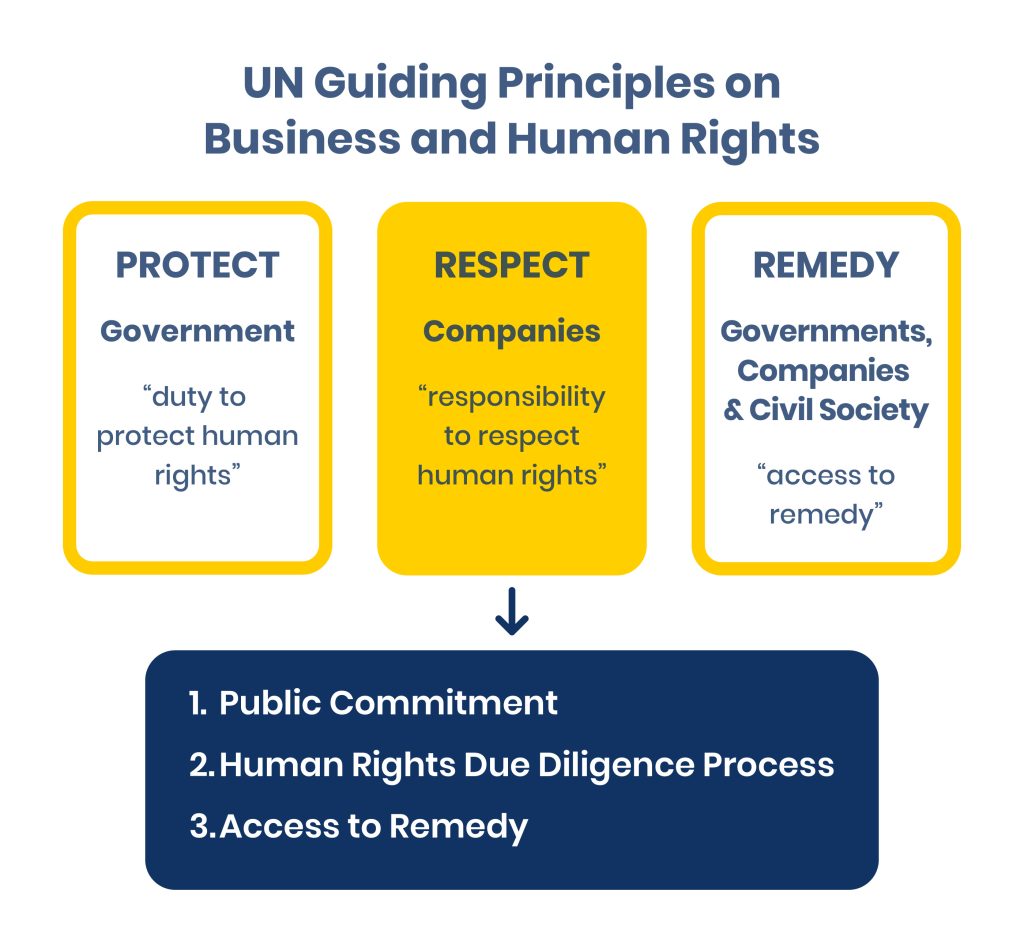
The Roadmap Explained
The RISE Roadmap offers seafood companies a clear, step-by-step path to building and strengthening their social responsibility programs.
Grounded in the United Nations Guiding Principles on Business and Human Rights, the Roadmap supports companies in taking meaningful action to identify, prevent, and address risks to workers across their supply chains. It translates the principles of human rights due diligence into practical guidance that seafood businesses can apply at any stage of their journey.
Select a Roadmap Step
Optimize Your Company’s Path - Coming Soon
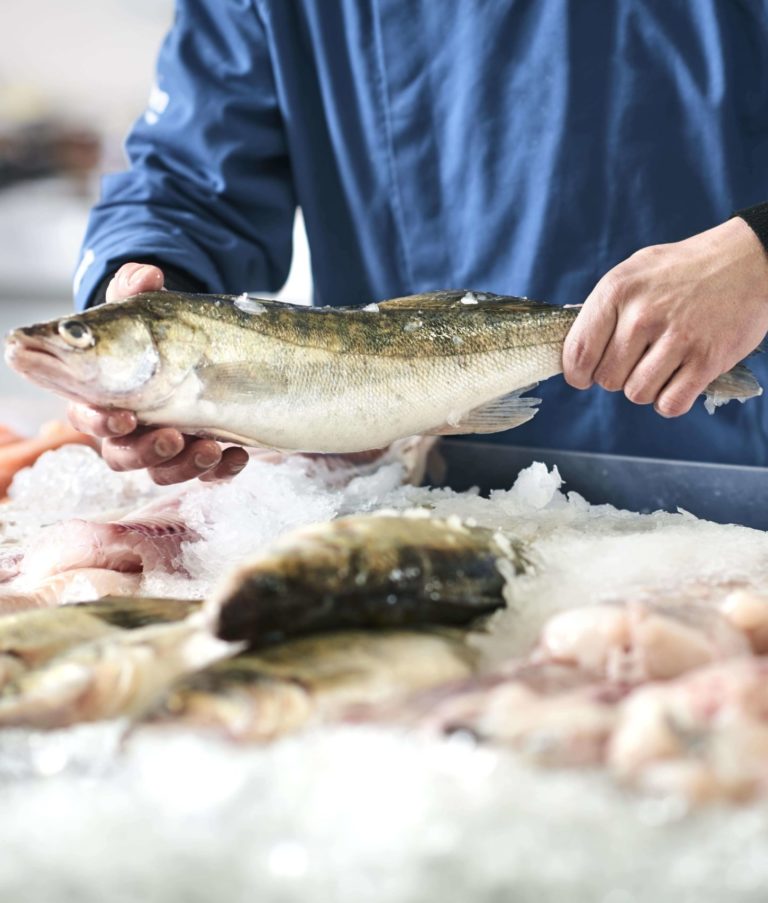
Retailers and Brands
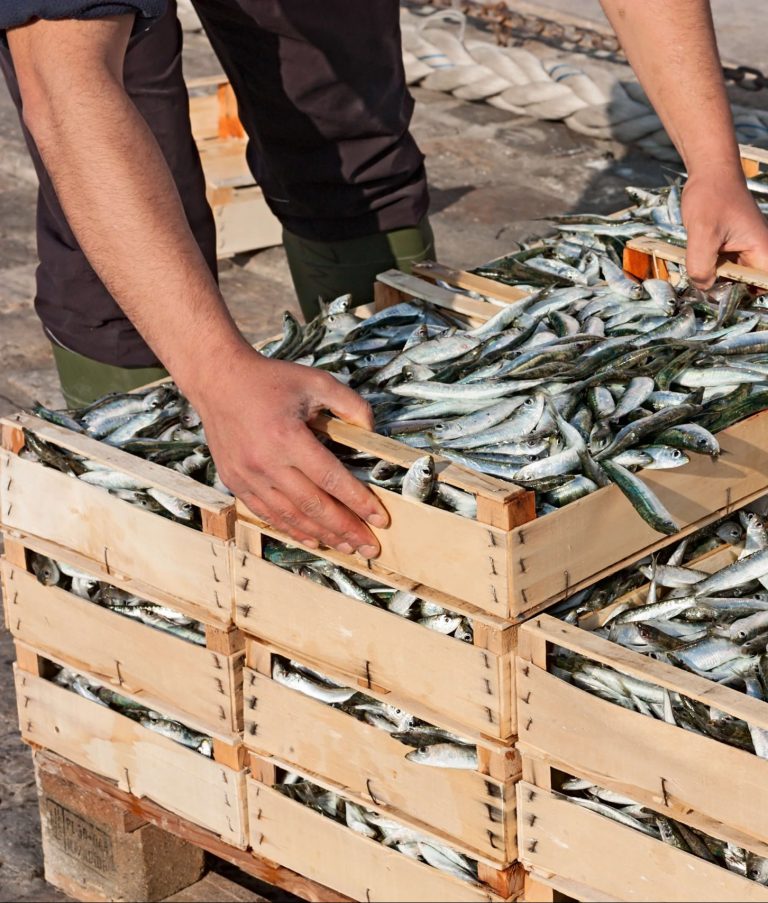
Suppliers
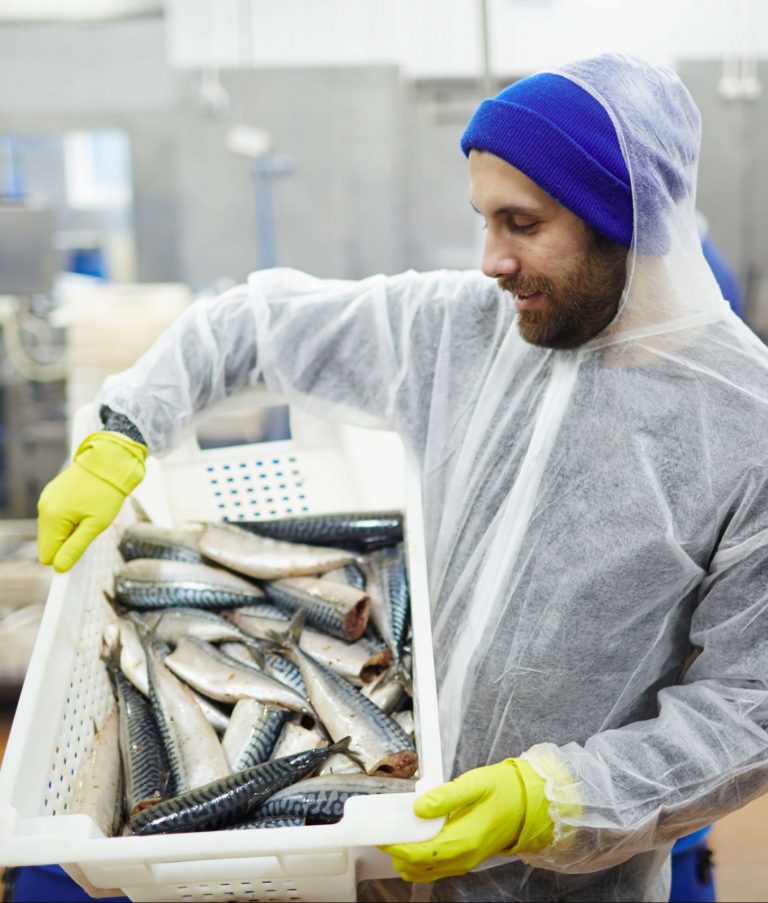
Processors
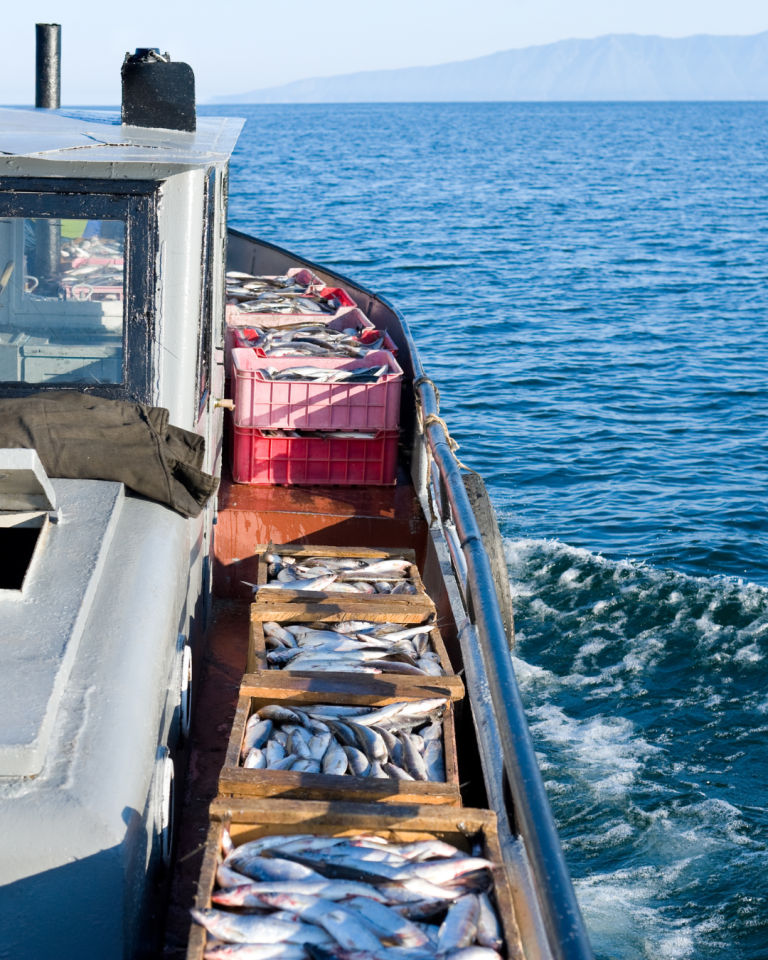
Producers
RISE E-Learning
This e-learn is aligned with the previous Roadmap steps. Stay tuned for the updated e-learn!
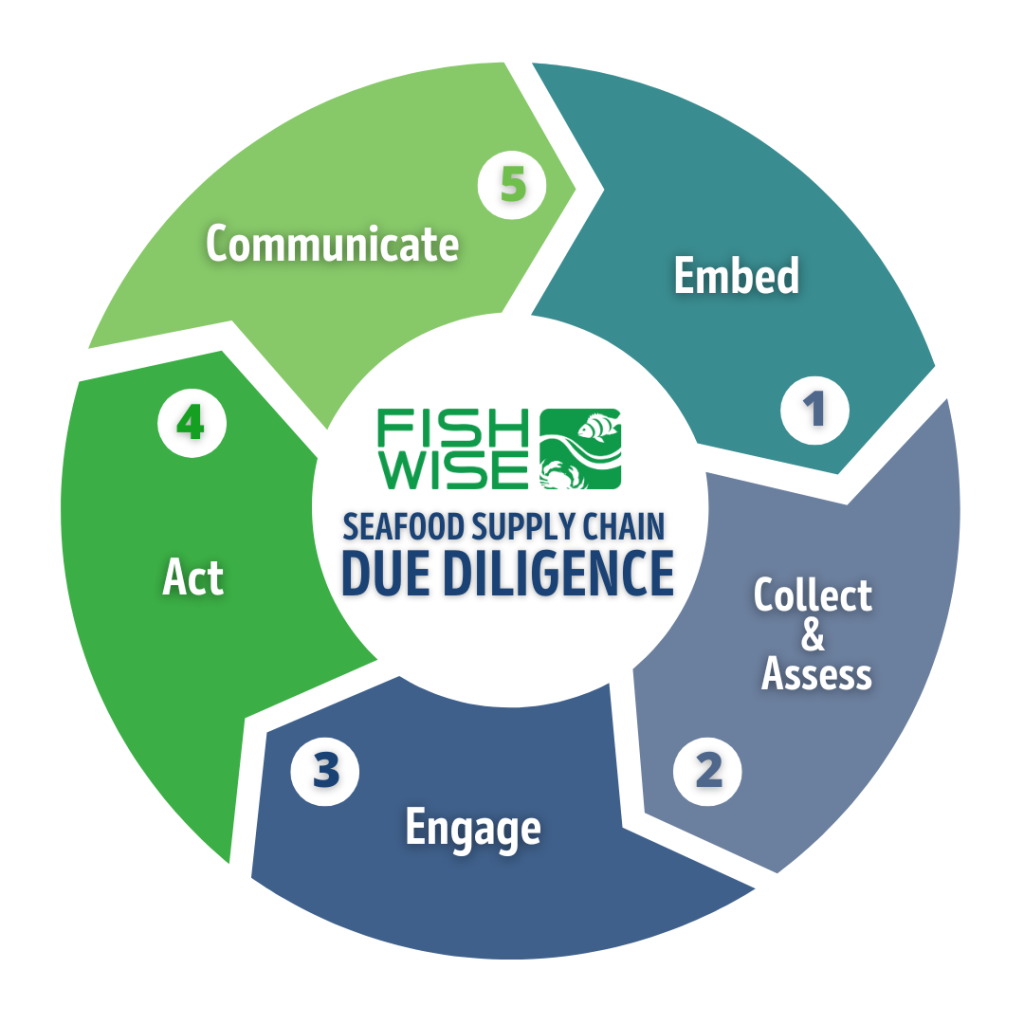
How RISE Roadmap Fit in the Broader Supply Chain Due Diligence
Embarking on a social responsibility journey via the Roadmap will help your company sequence its efforts, strategically invest resources, and ultimately create the greatest positive impact for people. This approach amplifies a broader supply chain due diligence—a systematic and ongoing risk management process that enables companies to proactively address their environmental and human rights impacts and conduct their business in a responsible manner.
